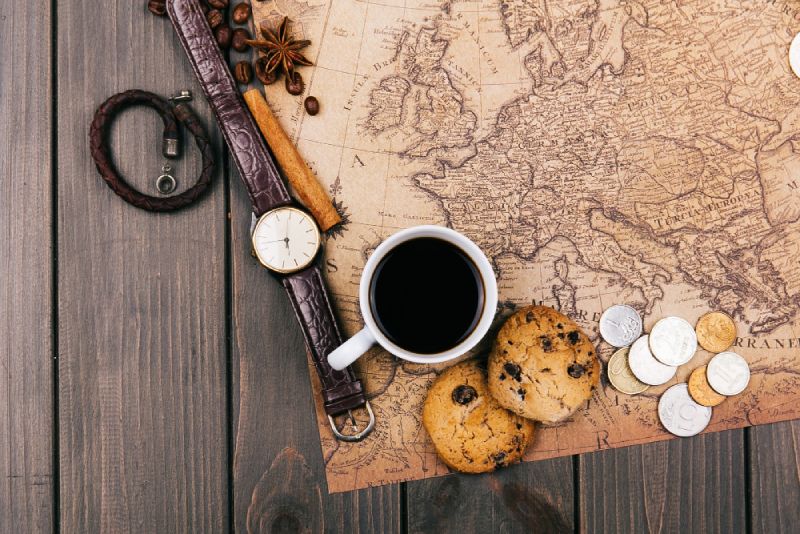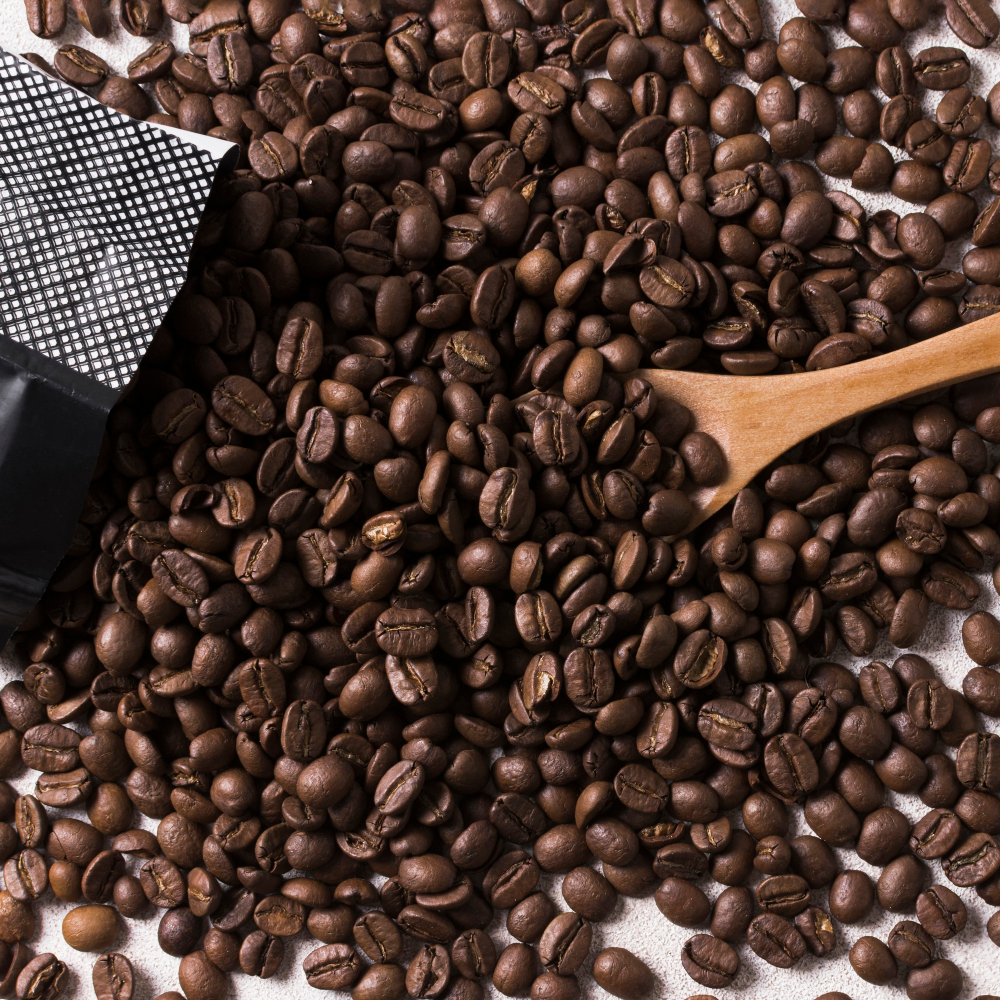Coffee, the elixir of mornings worldwide, has an intriguing history filled with myths, trade, colonization, and social revolution. While it’s a staple of our modern lifestyle, do we know when and by whom coffee was discovered?
Who First Discovered Coffee?
The origins of coffee are steeped in legend. It’s commonly believed that coffee was first discovered in Ethiopia during the 9th century. According to a popular legend, a goat herder named Kaldi noticed his goats behaving oddly after eating berries from a specific tree. They seemed excited, energetic, and wouldn’t sleep at night. Intrigued, Kaldi tried the berries himself and experienced the same effects.
Kaldi shared his discovery with a local monastery, where monks used the berries to create a drink that helped them stay alert during long hours of prayer. Word of the energizing berries spread, and so began the world’s love affair with coffee.
“Coffee – the favorite drink of the civilized world.” – Thomas Jefferson
When Did the British Discover Coffee?
The journey of coffee from Ethiopia to the British Isles was a long one. Coffee made its way across the Muslim world to Europe through trade routes. It’s believed that coffee arrived in Britain around the 16th century, brought by travelers returning from the Ottoman Empire. However, it wasn’t until the 17th century that coffee began to gain popularity in Britain.
Who First Brought Coffee to England?
The origins of coffee in England are linked with the advent of coffee houses, which played a significant role in social and political life during the 17th and 18th centuries. The first coffeehouse in England, “The Angel,” was established by Pasqua Rosée, a native of Ragusa (modern-day Dubrovnik, Croatia) in 1652. His coffeehouse was located in St. Michael’s Alley, Cornhill, in the heart of London.
Pasqua Rosée, an immigrant working for a British merchant named Daniel Edwards, introduced Edwards and his circle to coffee. Encouraged by its reception, Edwards and Rosée opened the coffeehouse, offering a new social space that was a contrast to the traditional alehouses and taverns.
Did the Brits Drink Coffee Before Tea?
Contrary to what one might expect, considering Britain’s well-known tea obsession, coffee was indeed the hot beverage of choice before tea became popular. The establishment of coffeehouses across Britain in the 17th century sparked a “coffee revolution,” and coffee became a staple in British society.
However, in the 18th century, a shift occurred. Several factors contributed to the decline of coffee’s popularity and the rise of tea, including the high taxes on coffee, difficulties in coffee trade, and the availability of cheaper tea from British colonies. By the mid-18th century, tea had surpassed coffee as the British drink of choice.
Conclusion: The Age-Old Legacy of Coffee
The discovery of coffee has shaped civilizations, social structures, economies, and everyday routines across centuries. From the legendary Ethiopian plateau, through the bustling coffeehouses of 17th-century London, to our modern-day cafés, coffee has been a constant companion, a conversation starter, and a source of comfort and energy.
“Coffee is a way of stealing time that should by rights belong to your older self.” – Terry Pratchett
Whether you’re savoring a leisurely weekend cup, grabbing a to-go latte on your way to work, or sharing a coffee with friends, you’re participating in a tradition that spans centuries and continents.
As you enjoy your next cup of coffee, take a moment to reflect on its rich and storied history. From the humble goat herder Kaldi to the first coffee house established by Pasqua Rosée, each sip connects you to a vibrant tapestry of human experience. From social revolutions and global trade to the simple pleasures of daily life, coffee has been there, invigorating our senses and energizing our days.
So, the next time you find yourself standing in the queue for your morning coffee, remember, you’re not just waiting for your caffeine fix – you’re part of a long, rich tradition that spans continents and centuries, a tradition that begins with a simple coffee cherry and ends with the warming, aromatic brew we know and love.
Whether you prefer an espresso, cappuccino, latte, or the simplicity of black coffee, each cup is a testament to coffee’s enduring allure and its central role in our lives. Let’s raise a mug to coffee, the humble beverage that wakes us up, keeps us going, and brings us together. After all, where would we be without coffee? As T.S. Eliot said, “I have measured out my life with coffee spoons.”



